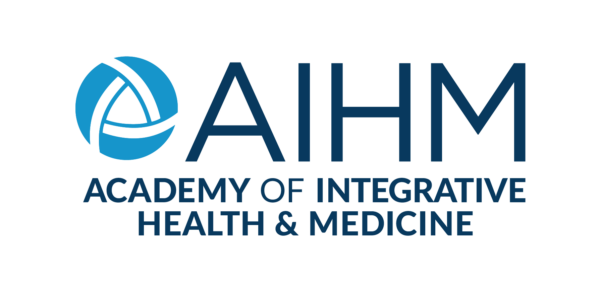ACIH Council
Advancing the five licensed Integrative Health professions
The Academic Collaborative for Integrative Health (ACIH) merged with the Academy of Integrative Health & Medicine (AIHM) in 2021 and remains intact as a business unit within AIHM. The ACIH Council is involved in and supports a wide range of activities and projects in the areas of education, clinical care and research that contribute to transforming our healthcare system to one that emphasizes the importance of creating health and well-being for the whole person.
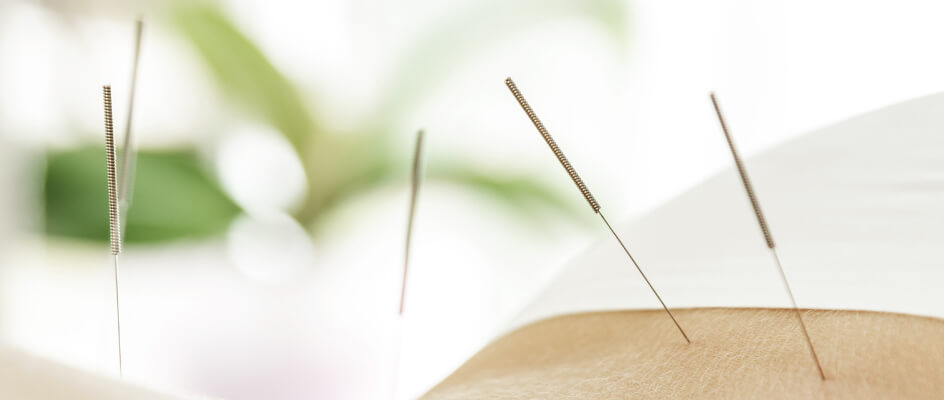
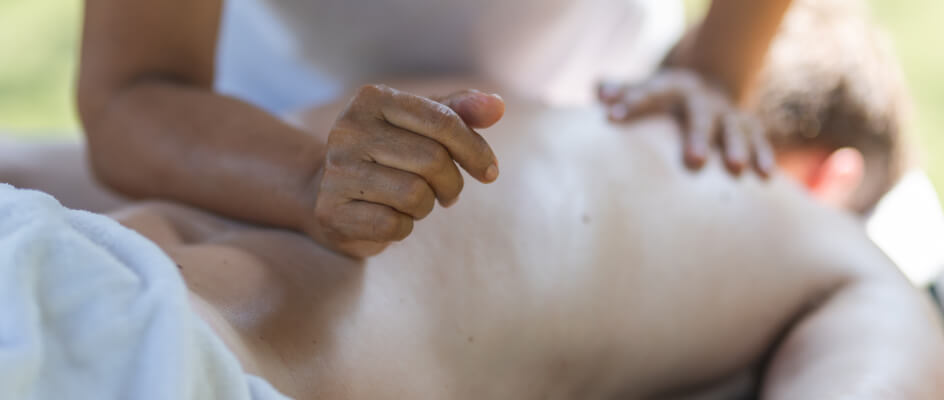
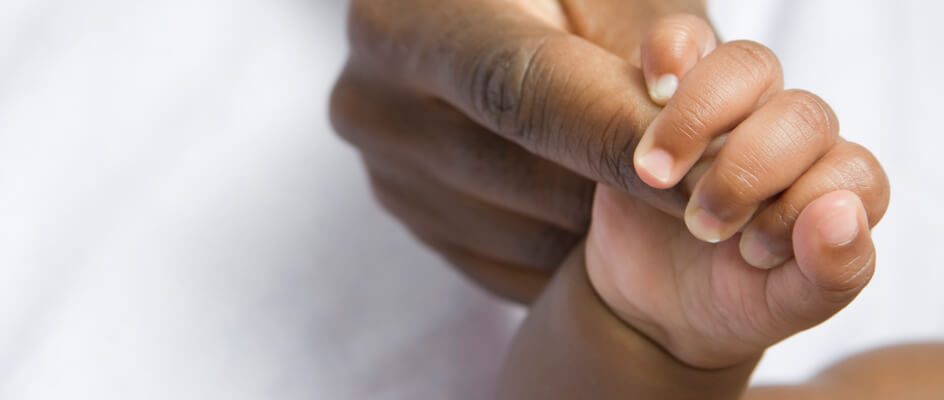
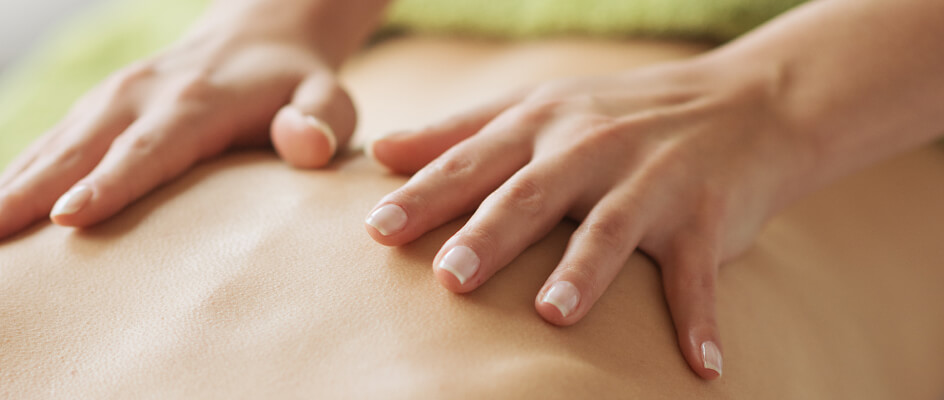

Council Core Membership
Our core Organizational Membership consists of the council of colleges, accrediting agencies, and certification and testing organizations that are associated with the five licensed integrative health and medicine professions.
- Acupuncture & East Asian Medicine
- Chiropractic
- Direct Entry Midwifery
- Massage Therapy
- Naturopathic Medicine
ACIH Council
Dale Healey, DC, PhD, ACIH Co-Chair
Commission on Massage Therapy Accreditation (COMTA)
Steffany Moonaz, PhD C-IAYT
TWP/EP Special Interest Groups Representative
JoAnn Yanez, ND, MPH, CAE
Association of Accredited Naturopathic Medical Colleges (AANMC)
Iman Majd, MD, MS, EAMP/LAc
National Certification Commission for Acupuncture and Oriental Medicine (NCCAOM)
David O’Bryon, JD, CAE
ACIH Founder
Norman Ouzts, Jr., DC
National Board of Chiropractic Examiners (NBCE)
Fraser Smith, BA, MATD, ND, CNS
North American Board of Naturopathic Examiners (NABNE)
Mark Mckenzie, LAc, PhD (China), MSOM, ACIH Co-Chair
Accreditation Commission for Acupuncture and Herbal Medicine (ACAHM)
Thomas Kouo DAOM, L.Ac, Dipl. OM
Council of Colleges of Acupuncture and Herbal Medicine (CCAHM)
Elizabeth Goldblatt, PhD, MPA/HA
ACIH Founder
Rosalia Messina, EdD, MPA/H
Educational Institutions Council Chair
Amanda Alexander, ND
The Council on Naturopathic Medical Education
Pamela Snider, ND
ACIH Founder
MK Brennan
Alliance For Massage Therapy Education
Anne Marie Munson
Association of Chiropractic Colleges
Kristi Ridd-Young
Direct Entry Midwifery
WORKING
GROUPS OVERVIEW
AIHM utilizes Working Groups to carry out projects and tasks that are aligned with furthering the mission of prioritizing Whole Health through clinical care, research and education. Members of Working Groups are researchers, educators and clinical educators who are typically connected with schools, institutions, credentialing bodies and other Organizational Members of AIHM. Each Working Group meets approximately 5 times a year.
Working Group members volunteer to work on projects to further our collective values, mission and vision.
Clinical and Education Working Group
Goal: To identify and advance projects in clinical education and promote interdisciplinary education in Whole Health.
The focus of the Clinical and Education Working Group (CEWG) is to identify and advance both clinical and educational projects that cultivate an interdisciplinary understanding and respect among unified healthcare professionals. We aim to enhance the knowledge, skills, attitudes and behaviors (KSABs) of individuals involved in integrative clinical settings. In addition, we are committed to fostering interprofessional educational initiatives that advance integrative healthcare values and practices among students, practitioners and educators. Ultimately, the aim of the CEWG is to nurture that nexus where integrative clinical and educational endeavors meet — all in the service of diagnosing and treating patients in their totality as a “whole” person.
Research Working Group
Goal: To identify and advance educational research projects that champion the mission of Whole Health.
The focus of the Research Working Group (RWG) is to promote a mutual understanding, collaborative activities and interdisciplinary Whole Health education through research. The broad priorities of the RWG remain as follows: 1) shift the culture at CIH institutions to better embrace research; 2) redirect the research agenda regarding these disciplines, so that it is of greater use to the members of the professions; and 3) build research capacity within the ACIH disciplines.
